One thing I love about learning a new language is the discovery of words or phrases which express concepts, feelings, experiences in ways one’s native tongue (or tongues, for us Maltese bilinguals!) cannot. A year on from my bumpy landing into 24/7 Italian conversation, I have accumulated a small list of my personal favourites – such as “giocarsi”, “donarsi”* – linked to treasured experiences and sentiments. Then there are some words and expressions which are perhaps less erudite, but more entertaining! Such as “spaesato”, meaning ‘disoriented’, ‘lost’…usually used to describe the facial expression of a hapless novice (such as yours truly) in the moment of being rudely brought back down to reality from his daydreaming. Broken down to “s-paes(e)-ato”, it literally means “being out of (one’s) country/native place”. A fabulous etymology.
The culture ‘shock’ of the novitiate was and is greatly softened by the warm welcome of all and the international flavour of the community. But it remains challenging: ‘culture’ is something that Italians – and rightly so – prize very highly and nurture with great care, but it is a small word for an immense reality of language, dialects, styles of expression, norms, values, history, geography, art, literature, music, theatre, film, politics, temperaments, famous figures, economy, migration, spirituality, religion, ecclesiastical reality… Throw into the mix the different sub-cultures of Italy’s varied regions, and the puzzle becomes truly bewildering.
But it is immensely fulfilling, opening a world of horizons. Previously – having spent practically my entire life with my nose planted firmly in science books, talking about my studies or work as a doctor even at table with family, friends and during nights out – ‘culture’ and all it entails featured low on the list of my personal priorities. The time in the novitiate, however, has given me the great gifts of discovery and personal growth in these areas which I didn’t even know existed, areas which give a greater fullness to my experience of life and reality. But it opens new dimensions not only within me, but also builds new bridges, new ways of communicating with people from diverse walks of life, ways of thinking, academic backgrounds, passions and desires.
Another take on this is the aspect of ‘inculturation’: as Jesuits, we are called to take on and incorporate within ourselves the very culture of the places we live in and in which we carry out our ministry. This is not to be taken lightly, carelessly, expecting the culture to ‘just grow on me’, but it is an active commitment: a commitment to love and appreciate the people who have welcomed me, a commitment to nurturing personal wonder and joy in the gifts God has planted in his peoples, a commitment to become effective apostles on mission in the realities in which we are sent.
Which is why, questioning myself on how I can do this in an active, explicit way, I have recently decided to dive more determinedly into the vast ocean that is Italian culture, starting with baby steps: savouring prized literature, informing myself on national news and political events, exploring the peninsula’s complex history… Small and even pleasant commitments, but which I wish to do diligently and lovingly.
“The glory of God is man fully alive”, goes one interpretation of a saying attributed to St Iranaeus of Lyons: and if a “fully alive”, cultured man is one matured and actively engaged in a multitude of dimensions, then culture can truly be a means of ‘finding God in all things’ as another St I of L ** would say.
*giocarsi = to really put oneself ‘in the game’, involving all or part of what is precious/intimate/vulnerabile of yourself in the action which you are participating in
donarsi = ‘donate yourself’ doesn’t really capture the concept of ‘total gift of self’ which fires Ignatian spirituality and which is expressed by this word
** St Ignatius of Loyola, founder of the Society of Jesus
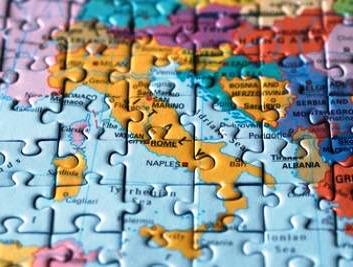


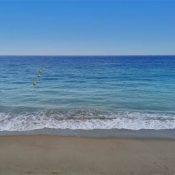
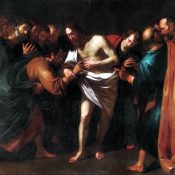

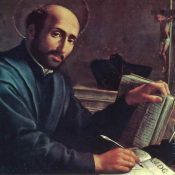


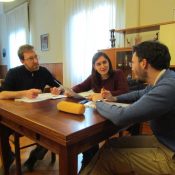
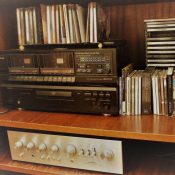


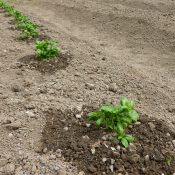
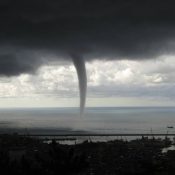
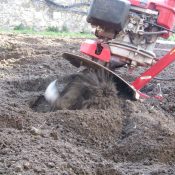
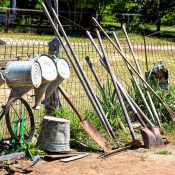






Comments